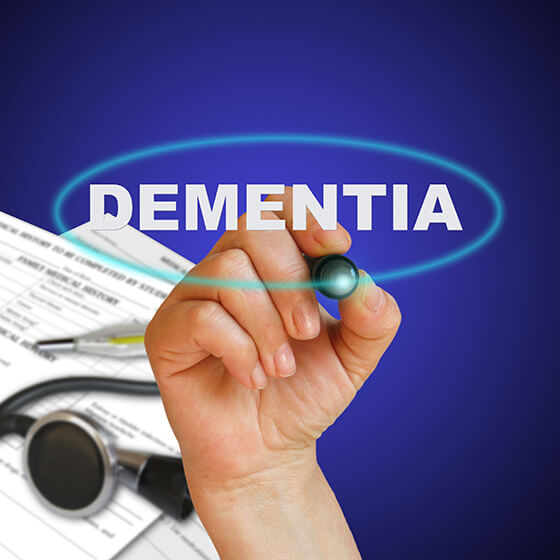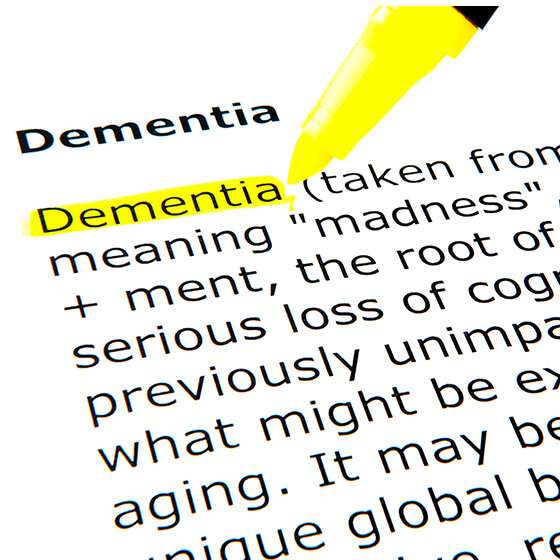Alcohol’s effect on Dementia and Alzheimer’s
Several studies have shown that alcohol can have a direct effect on dementia and Alzheimer’s disease. In this article we would like to discuss the results of several studies that were done on this subject so that all of the caregivers and family members of those with dementia and Alzheimer’s patients will be aware of how alcohol can affect the disease. Those who drink alcohol on a daily basis have shown to have a decreased chance of getting Alzheimer’s disease when compared to those who abstain from drinking or very...Read More


